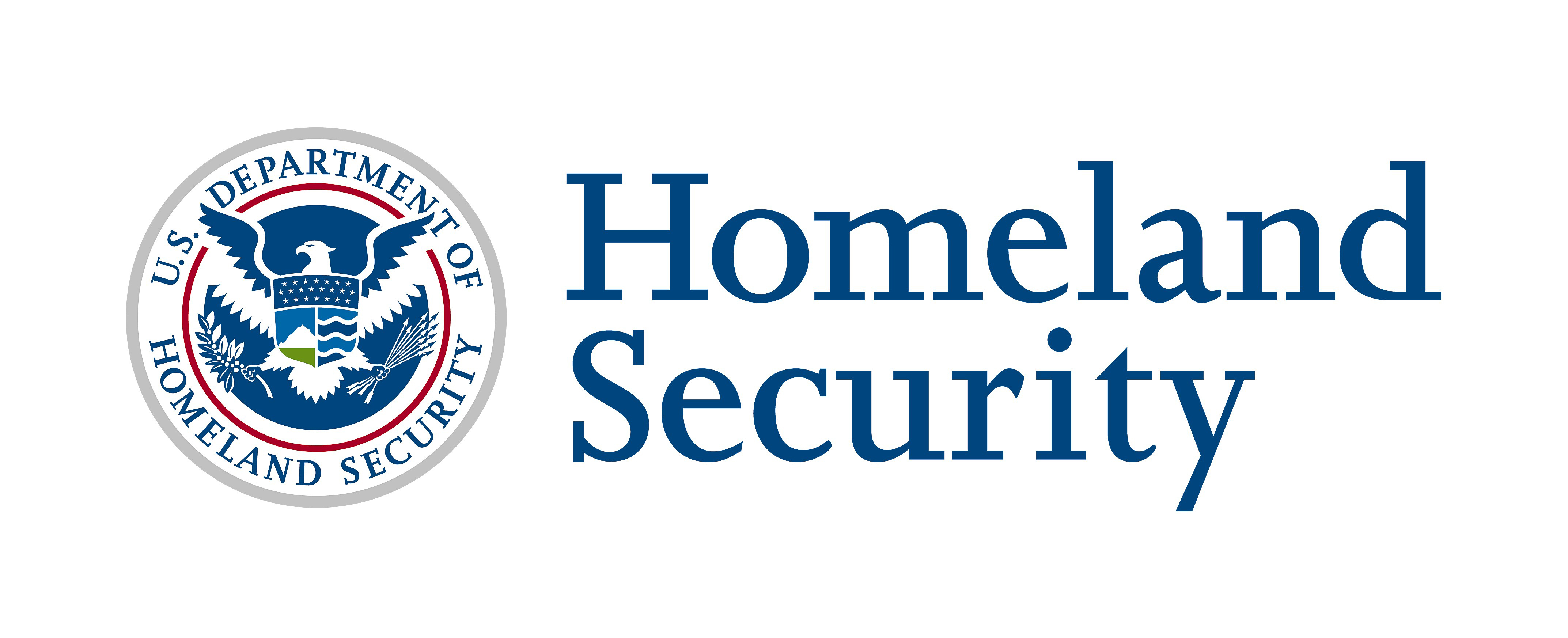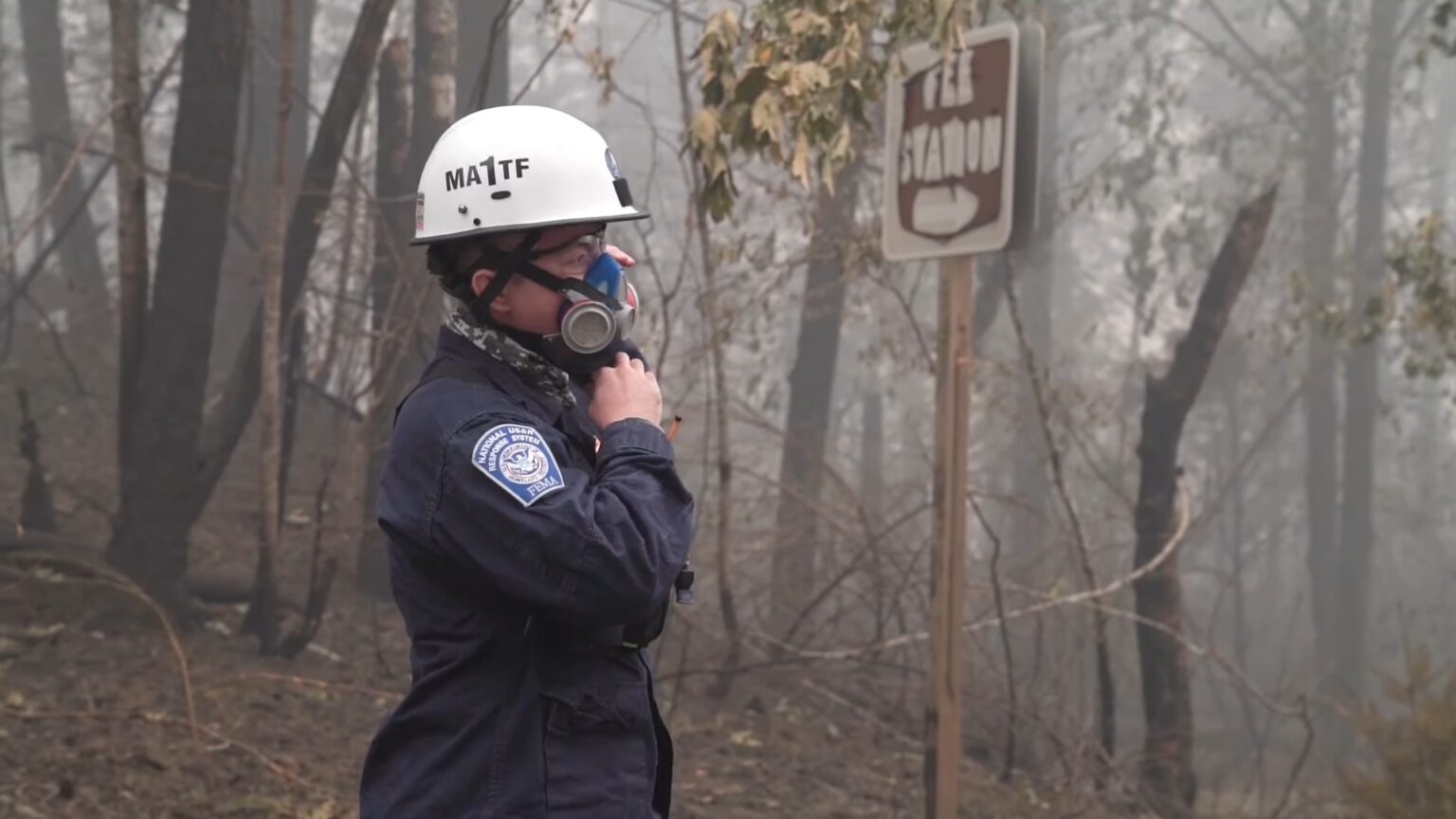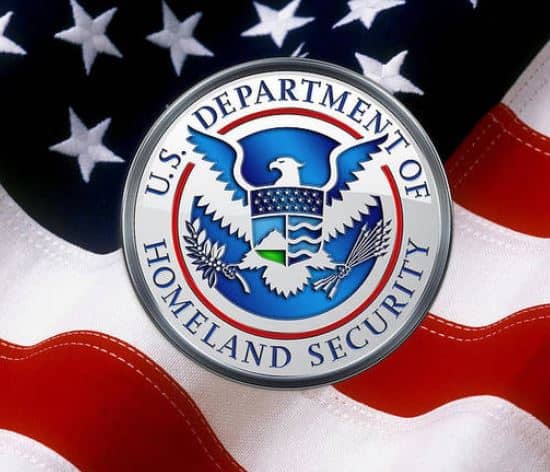Table of Contents
- What Does DHS Stand For - Mission and Significance
- DHS CISA alert provides recommendations on securing Office 365 ...
- Have A Tips About How To Apply For Food Stamps In Washington Dc ...
- DHS-DHS.jpg
- International Association of Venue Managers IAVM, the U.S. Department ...
- DHS Embraces Hallucinations of its AI Chatbot to Gauge Inconsistencies
- DHS Cracks Down On Goods Produced By China’s State-Sponsored Forced Labor
- DHS
- Programa de visados humanitarios: el DHS facilita nueva información ...
- The Networking and Information Technology Research and Development ...

Homeland security is a critical aspect of national defense that involves protecting a country's citizens, infrastructure, and interests from various threats. The concept of homeland security has evolved over the years, and it now encompasses a wide range of activities and measures aimed at preventing, preparing for, and responding to natural disasters, terrorist attacks, and other emergencies. In this article, we will delve into the world of homeland security, exploring its importance, key components, and the role of various agencies and organizations in ensuring the safety and security of a nation.


What is Homeland Security?

Homeland security refers to the collective efforts of government agencies, law enforcement, and other stakeholders to protect a country's homeland from various threats, including terrorism, cyber attacks, natural disasters, and pandemics. The primary goal of homeland security is to prevent and mitigate the impact of these threats, while also ensuring the continuity of essential services and the well-being of citizens. Homeland security involves a range of activities, including intelligence gathering, border control, emergency response, and critical infrastructure protection.


Key Components of Homeland Security

Homeland security comprises several key components, including:

- Intelligence Gathering: Collecting and analyzing information to identify potential threats and prevent attacks.
- Border Control: Securing borders to prevent the entry of unauthorized individuals, goods, and services.
- Emergency Response: Responding to natural disasters, terrorist attacks, and other emergencies to minimize damage and save lives.
- Critical Infrastructure Protection: Protecting essential infrastructure, such as power plants, transportation systems, and communication networks, from cyber attacks and physical threats.


Agencies Involved in Homeland Security
A range of agencies and organizations are involved in homeland security, including:
- Department of Homeland Security (DHS): The primary agency responsible for coordinating and implementing homeland security efforts in the United States.
- Federal Bureau of Investigation (FBI): Responsible for investigating and preventing domestic and international terrorism.
- Transportation Security Administration (TSA): Responsible for securing the nation's transportation systems, including airports, seaports, and railroads.
- Local Law Enforcement: Plays a critical role in responding to emergencies and enforcing laws related to homeland security.
In conclusion, homeland security is a vital aspect of national defense that requires the collective efforts of government agencies, law enforcement, and other stakeholders. By understanding the importance of homeland security and the key components involved, we can work together to prevent and mitigate the impact of various threats, ensuring the safety and security of our nation. As we continue to face new and evolving threats, it is essential that we remain vigilant and proactive in our approach to homeland security, protecting our citizens, infrastructure, and interests from harm.
By prioritizing homeland security, we can build a safer, more resilient nation, where citizens can live, work, and thrive without fear of threats to their safety and well-being. Whether it's through intelligence gathering, border control, emergency response, or critical infrastructure protection, every effort counts in the pursuit of homeland security. Let us work together to protect our nation and ensure a brighter future for generations to come.